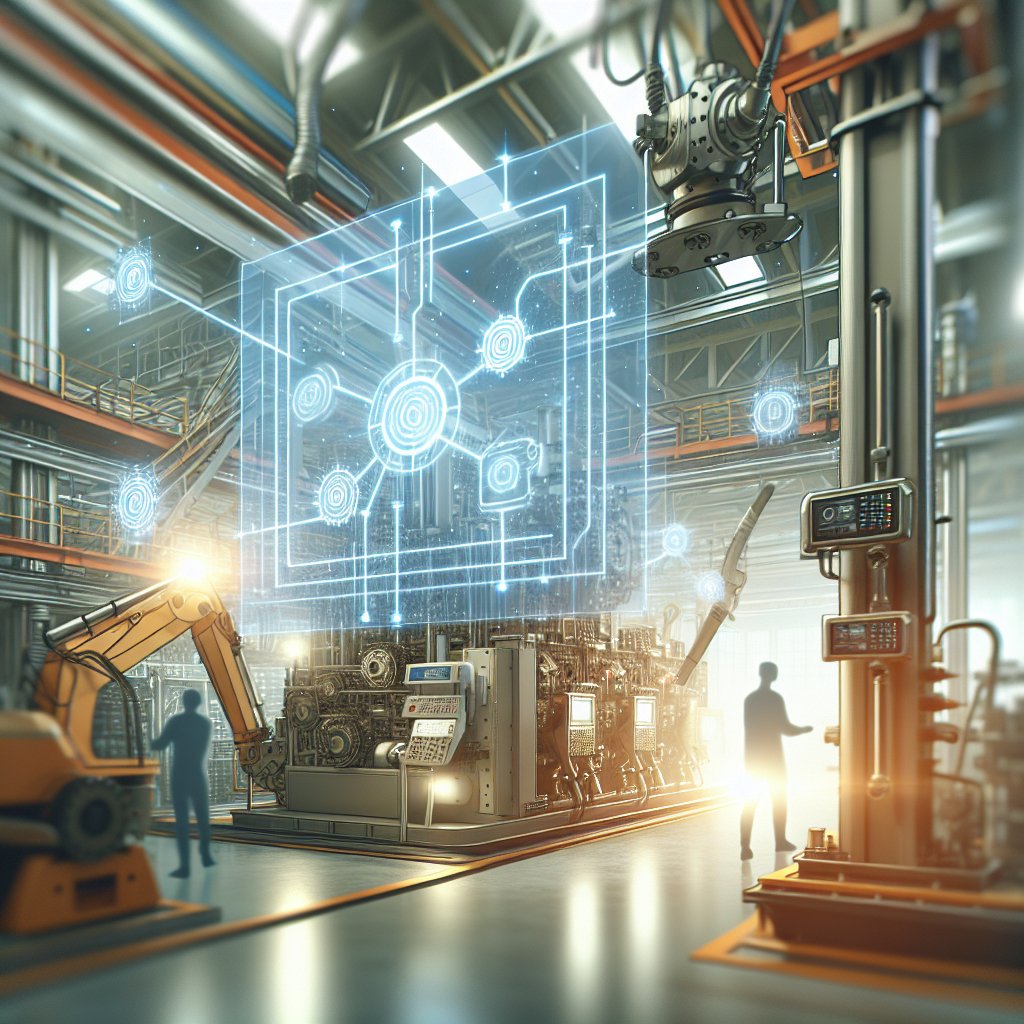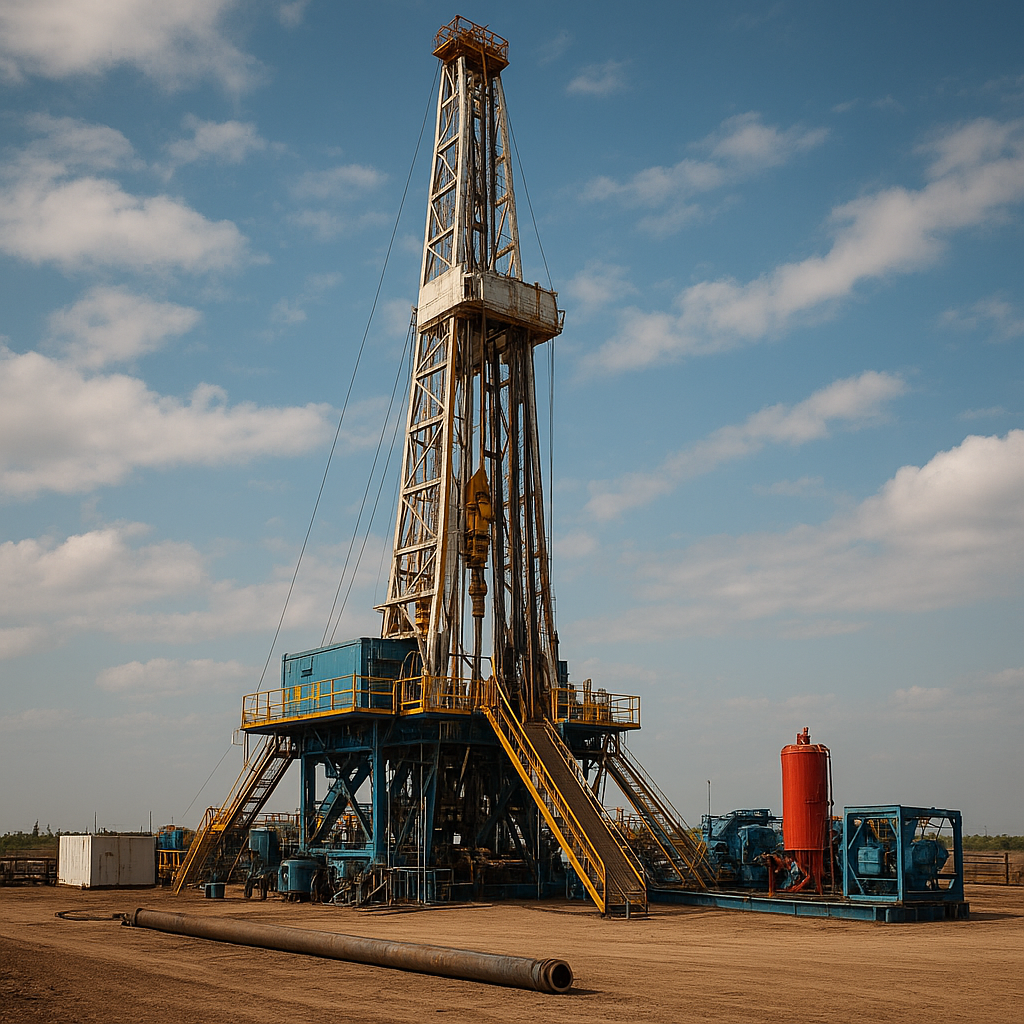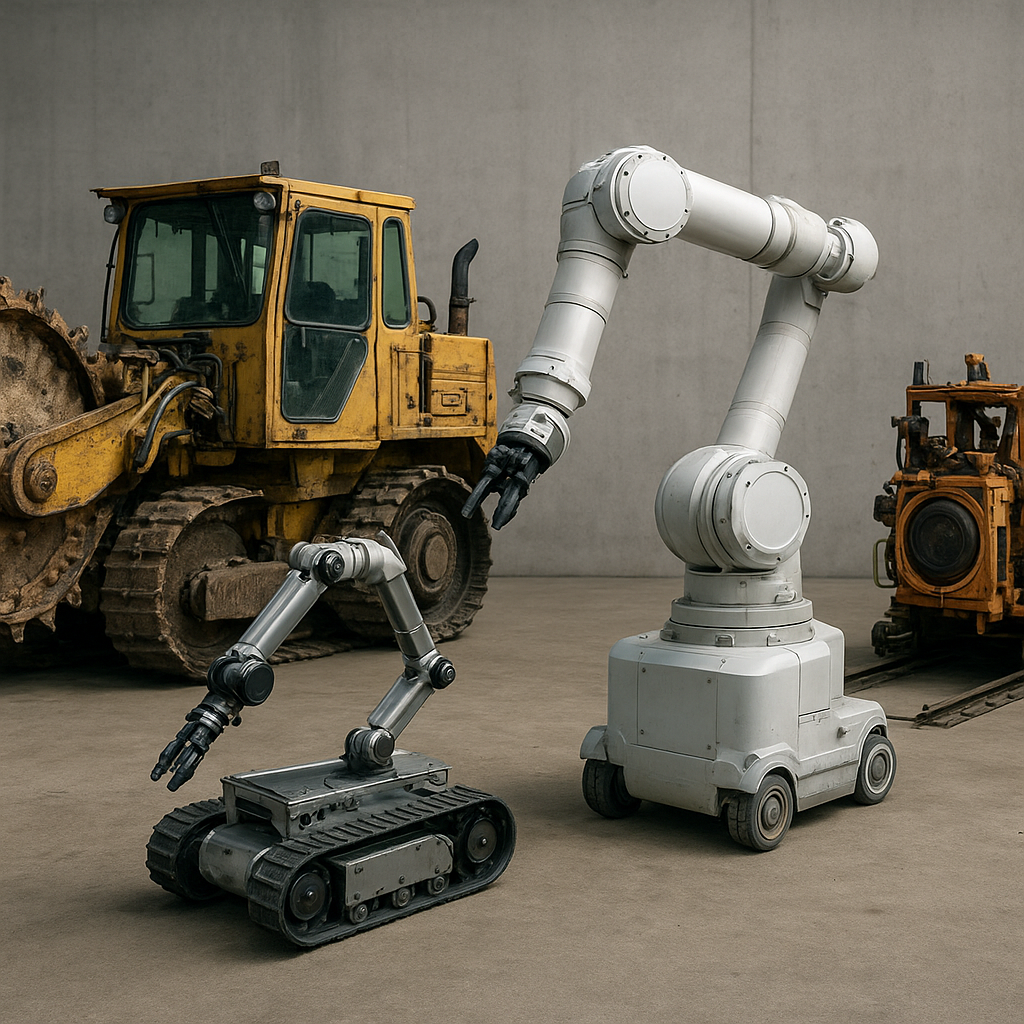
Smart sensors are at the forefront of revolutionizing industrial machine monitoring, offering unprecedented levels of precision, efficiency, and reliability. As industries continue to evolve, the integration of smart sensors into machine monitoring systems is becoming increasingly essential. These advanced devices are transforming how industries operate, providing real-time data and insights that were previously unattainable. This article delves into the world of smart sensors, exploring their impact on industrial machine monitoring and the benefits they bring to various sectors.
The Evolution of Industrial Machine Monitoring
Industrial machine monitoring has come a long way from its rudimentary beginnings. Traditionally, machine monitoring relied heavily on manual inspections and basic sensors that provided limited data. These methods were often time-consuming, prone to human error, and lacked the ability to provide real-time insights. As industries grew and technology advanced, the need for more sophisticated monitoring systems became apparent.
The introduction of digital technology marked a significant turning point in industrial machine monitoring. Digital sensors and computerized systems allowed for more accurate data collection and analysis. However, these systems still had limitations, particularly in terms of real-time data processing and integration with other systems. This is where smart sensors have made a significant impact.
Smart sensors are equipped with advanced capabilities that go beyond simple data collection. They can process data on-site, communicate with other devices, and even make decisions based on the data they collect. This level of sophistication has opened up new possibilities for industrial machine monitoring, enabling industries to optimize their operations and improve overall efficiency.
Benefits of Smart Sensors in Industrial Machine Monitoring
The integration of smart sensors into industrial machine monitoring systems offers numerous benefits that can significantly enhance operational efficiency and productivity. One of the most notable advantages is the ability to provide real-time data. Smart sensors continuously monitor machine performance and environmental conditions, allowing for immediate detection of anomalies or potential issues. This real-time monitoring enables industries to address problems before they escalate, reducing downtime and maintenance costs.
Another key benefit of smart sensors is their ability to improve predictive maintenance strategies. By analyzing data trends and patterns, smart sensors can predict when a machine is likely to fail or require maintenance. This predictive capability allows industries to schedule maintenance activities proactively, minimizing disruptions and extending the lifespan of machinery.
Smart sensors also enhance safety in industrial environments. By monitoring critical parameters such as temperature, pressure, and vibration, these sensors can detect hazardous conditions and trigger alerts or automatic shutdowns to prevent accidents. This proactive approach to safety not only protects workers but also safeguards equipment and reduces liability risks.
Furthermore, smart sensors facilitate better resource management. By providing detailed insights into machine performance and energy consumption, industries can optimize their resource usage, reduce waste, and lower operational costs. This level of efficiency is particularly important in today’s competitive market, where sustainability and cost-effectiveness are key priorities.
Challenges and Considerations
While the benefits of smart sensors in industrial machine monitoring are undeniable, there are also challenges and considerations that industries must address. One of the primary challenges is the integration of smart sensors with existing systems. Many industries have legacy systems that may not be compatible with modern smart sensor technology. Upgrading or replacing these systems can be costly and time-consuming, requiring careful planning and execution.
Data security is another critical consideration. As smart sensors collect and transmit vast amounts of data, ensuring the security and privacy of this information is paramount. Industries must implement robust cybersecurity measures to protect sensitive data from unauthorized access and potential breaches.
Additionally, the implementation of smart sensors requires a skilled workforce capable of managing and maintaining these advanced systems. Industries must invest in training and development programs to equip their employees with the necessary skills and knowledge to operate and troubleshoot smart sensor technology effectively.
The Future of Smart Sensors in Industrial Machine Monitoring
The future of smart sensors in industrial machine monitoring looks promising, with ongoing advancements in technology and increasing adoption across various sectors. As the Internet of Things (IoT) continues to expand, the connectivity and capabilities of smart sensors are expected to grow, enabling even more sophisticated monitoring and control systems.
Artificial intelligence (AI) and machine learning are also set to play a significant role in the evolution of smart sensors. By integrating AI algorithms, smart sensors can become even more intelligent, capable of learning from data and making autonomous decisions. This level of intelligence will further enhance predictive maintenance, optimize resource management, and improve overall operational efficiency.
Moreover, the development of wireless and energy-efficient smart sensors will facilitate their deployment in remote and challenging environments. This will open up new opportunities for industries such as oil and gas, mining, and agriculture, where traditional monitoring systems may be impractical or ineffective.
In conclusion, smart sensors are revolutionizing industrial machine monitoring by providing real-time data, enhancing predictive maintenance, improving safety, and optimizing resource management. While challenges exist, the potential benefits far outweigh the obstacles, making smart sensors an essential component of modern industrial operations. As technology continues to advance, the role of smart sensors in industrial machine monitoring is set to become even more integral, driving innovation and efficiency across industries.

